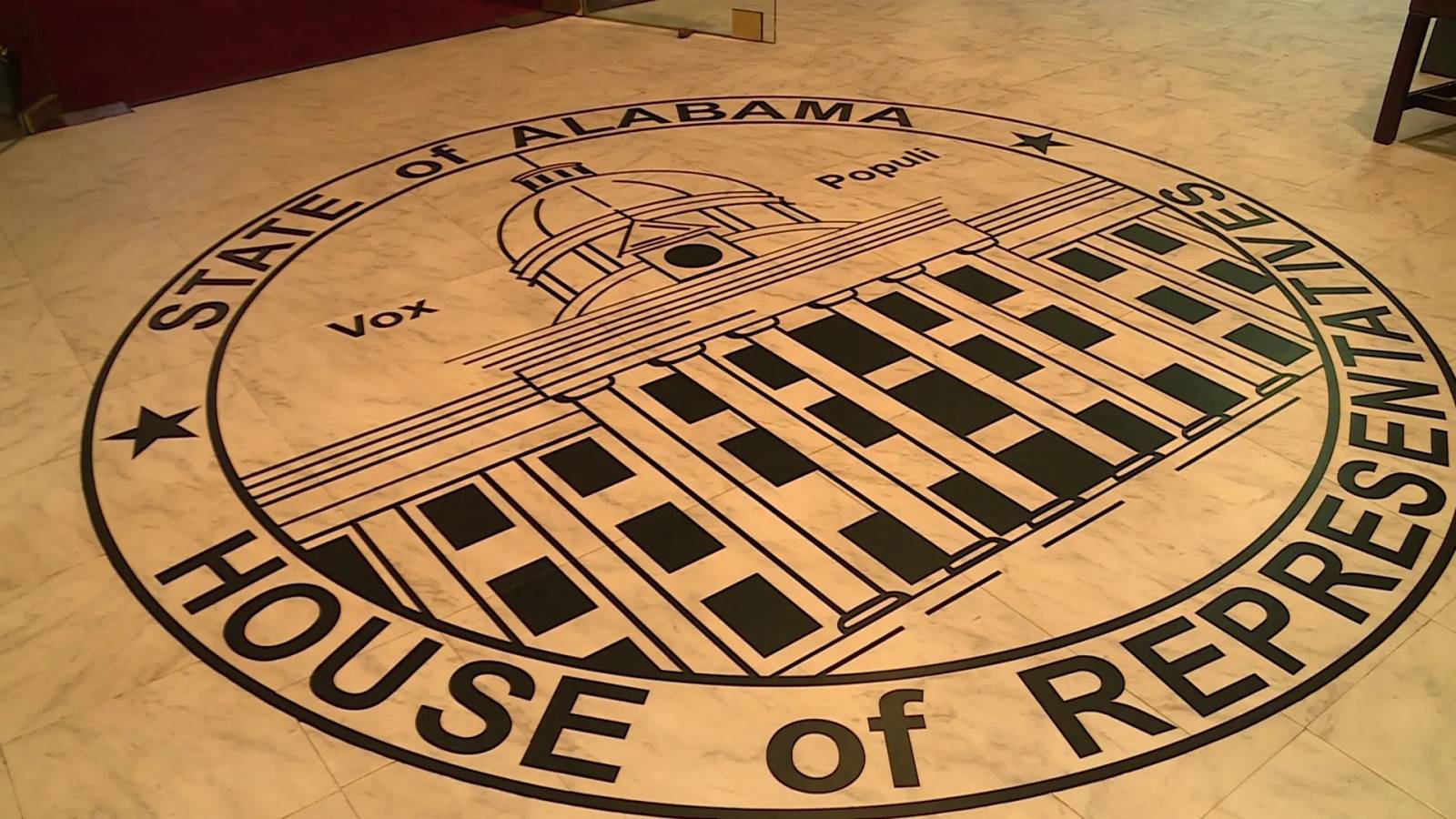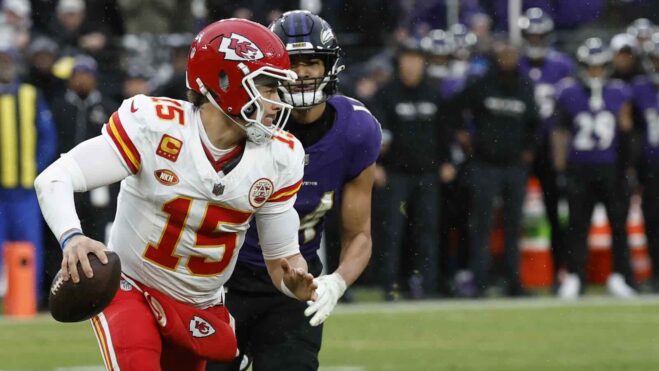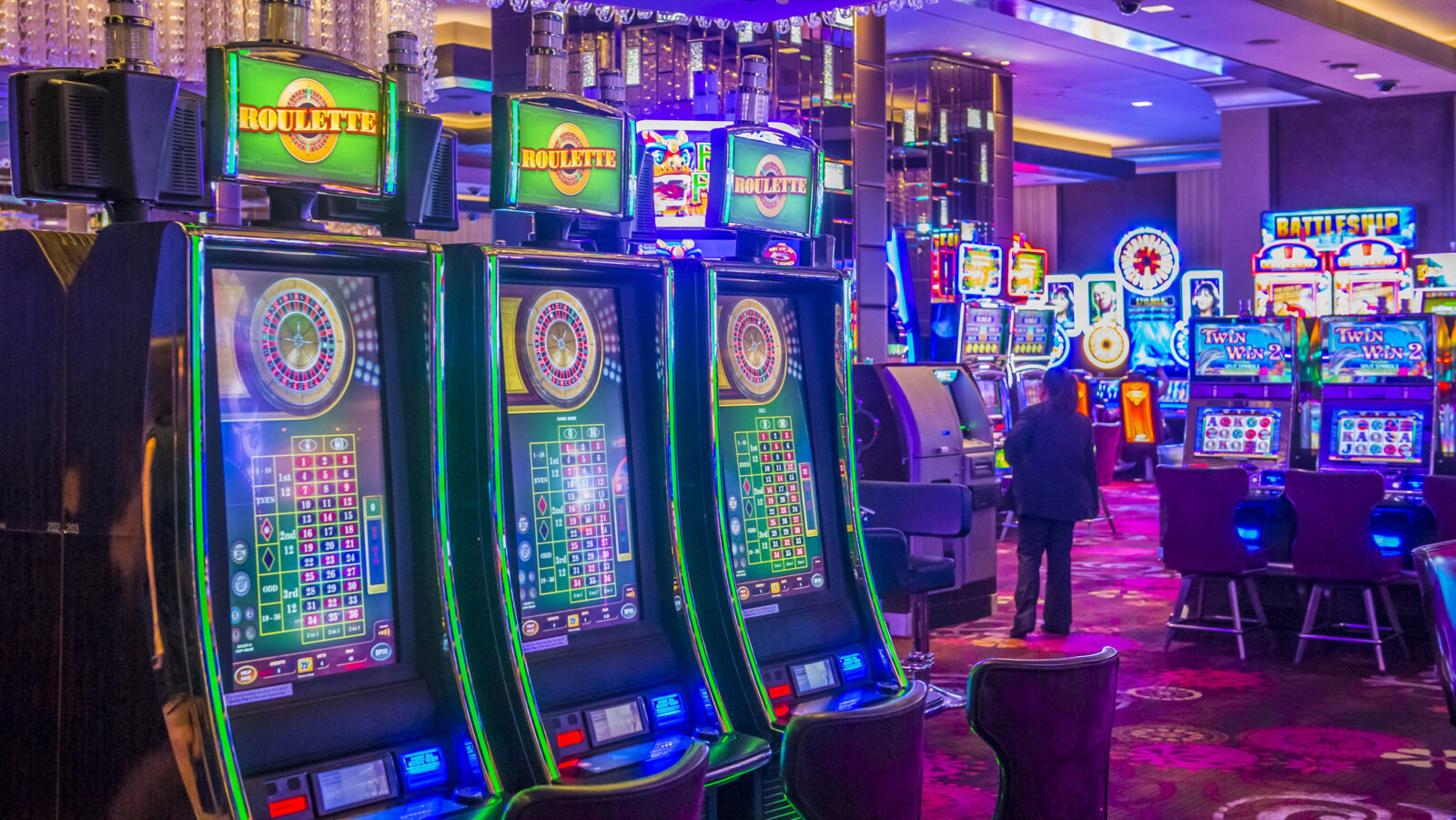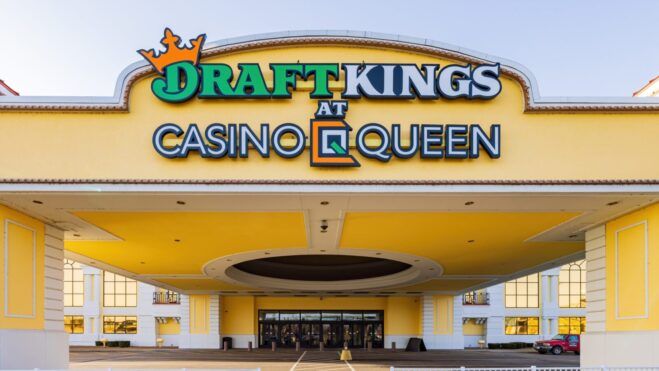Navigating Alabama’s Gambling Landscape: A Comparative Analysis Of Legislative Proposals
Alabama's gambling legislation continues to be debated the House and Senate as the end of the current session approaches.
2 min

Alabama legislators are back in session after a break, facing the ongoing challenge of expanding gambling within the state. The focus now shifts to finding common ground to advance legislation permitting the establishment of casinos and a new lottery system.
The House of Representatives initially crafted and passed a comprehensive gambling package, House Bill 151 and House Bill 152. They were then sent to the Senate for consideration; however, the Senate made significant alterations to the bills, diverging from the House’s version.
A lottery, as outlined in the proposed legislation, is projected to yield approximately $305 million to $379 million annually for the state, as indicated in the fiscal analysis of the bill.
This estimate represents roughly half of the revenue initially anticipated from the original bill, which included provisions for sports betting, online gambling, and a broader range of casino options.
What the House wants
The House bill proposed a broad array of measures, including the introduction of a statewide lottery, the issuance of seven traditional casino licenses, and the negotiation of compacts with the Poarch Band of Creek Indians for three potential casinos.
Additionally, it outlined provisions for online sports wagering and the establishment of a gambling commission tasked with overseeing legal gaming and combating illegal gambling activities.
The intended impact of the House bill was significant. It aimed to leverage lottery proceeds to finance initiatives such as providing free two-year college attendance for most state residents, expanding mental health and rural healthcare services, enhancing infrastructure, and allocating funds for education, including teacher salaries and scholarships for low-income students.
The projected revenue from the proposed measures was estimated to reach up to $1.2 billion annually.
What the Senate wants
The Senate bill mirrored some aspects of the House version, including the establishment of a statewide lottery and the negotiation of compacts with the Poarch Creeks for potential casinos.
However, it also introduced provisions for historical horse racing at six locations and proposed a different distribution of funds. After accounting for lottery and gambling commission expenses, the remaining revenue would be divided equally among infrastructure projects, education, and the general fund.
Despite similarities, the Senate bill differed notably from the House bill in terms of revenue generation and the scope of legalized gambling. While both bills aimed to legalize ten casinos, the Senate’s version limited the gambling activities at seven of those locations to historical horse racing games, significantly reducing potential annual revenue.
Moreover, the Senate bill did not address sports wagering comprehensively. This potentially leaves a substantial unregulated sports betting market to persist as the lone option for sports gamblers in Alabama.
The Senate bill anticipated generating revenue of up to $425 million annually, with allocations earmarked for the lottery, pari-mutuel wagering, and potential revenue from the Poarch Creek compact. However, the actual revenue could exceed these projections if certain restrictions are lifted, or if the tribe is permitted to offer online sports wagering statewide.
Time’s running out
Even Sen. Greg Albritton, who championed the House bills in the Senate, acknowledged that the original proposals were preferable. Nonetheless, he indicated that the modifications were deemed necessary to garner Senate approval, leaving the fate of the legislation uncertain.
Time is quickly running out, with fewer than 13 legislative days remaining in the current session, which extends until mid-May.
Democrats are advocating for the constitutional amendment vote to coincide with the general election on Nov. 5. However, the Senate has proposed moving the vote to a special election in September, which would incur an estimated cost of approximately $5 million according to a recent fiscal assessment of the bill.
Based on the differences between the bills, reaching a compromise won’t be easy.





